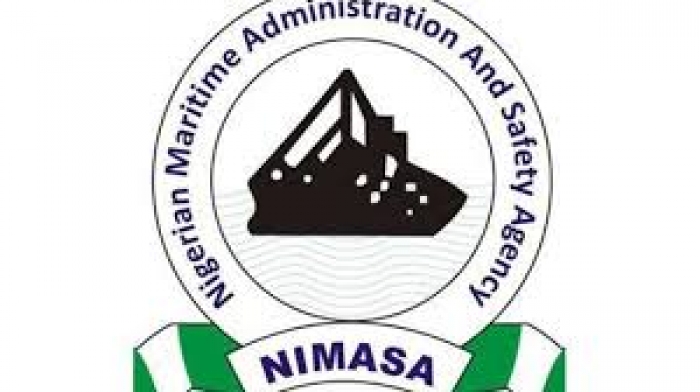Despite being declared piracy-free since 2021, Nigeria has paid a staggering $1.5 billion in War Risk Insurance (WRI) premiums over the past three years—a cost that shipping experts and government officials say is no longer justified.
The Nigerian Maritime Administration and Safety Agency (NIMASA) revealed the figures in a statement on Friday, calling the continued imposition of WRI surcharges on Nigeria-bound cargo an unfair financial burden that harms the nation’s economy.
Why Are Nigerian Importers Still Paying War Risk Premiums?
War Risk Insurance covers losses from acts of war, piracy, and insurrection. It was introduced during the peak of Niger Delta militancy and Gulf of Guinea piracy, but NIMASA argues that the security situation has dramatically improved.
- No piracy incidents in over three years
- Removed from International Maritime Bureau’s (IMB) piracy list in 2021
- Delisted as high-risk by the International Bargaining Forum (IBF) in 2023
- Deep Blue Project has secured waters for 30+ months
Yet, shipping giants like Maersk still impose:
- $445,000 per voyage for crude carriers
- $525,000 per voyage for new container ships
- $40–$50 per 20-foot container in war risk surcharges
NIMASA’s Fight to Scrap the Premiums
NIMASA, under Dayo Mobereola, has launched an aggressive global campaign to abolish WRI charges, which could save Nigeria $400 million annually.
Osagie Edward, NIMASA’s spokesman, said: "The security concerns that justified these premiums no longer exist. Nigeria has not recorded a single piracy attack in three years. Why are we still paying?"
The agency is engaging Lloyd’s of London, the UN, and global maritime bodies to recognize Nigeria’s progress and drop the premiums.
Shipowners and Importers Push Back
Industry operators argue that Nigeria is not a war zone and should not be subjected to WRI charges.
"Nigeria is not Ukraine or Somalia. Why are we paying war risk premiums when our waters are safe?" asked a Lagos-based shipowner.
